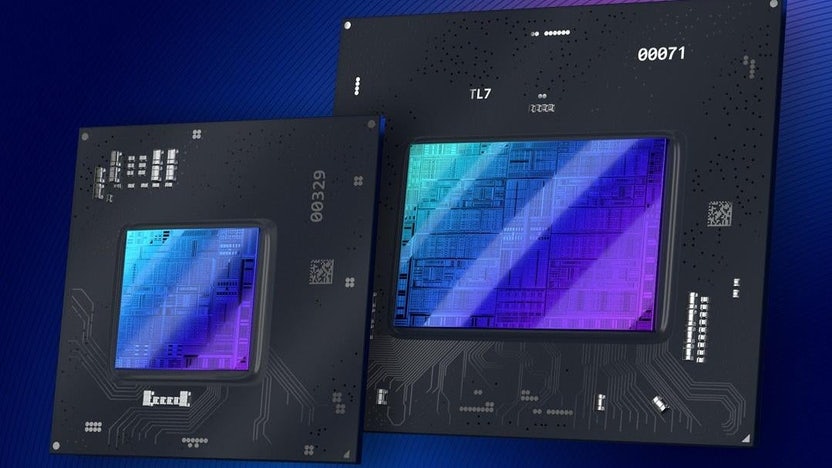
On Thursday, chip manufacturing giant Intel announced it would be releasing its first-generation Discrete laptop GPU in the upcoming weeks, without specifying the actual release date, reassuring it will be available in the market in 2022’s first quarter (Q1).
The release will be synchronized with the date of the 12th-generation Intel H-series notebooks, with some of these systems to be switched to Intel rather than that of rivals AMD OR Nvidia.
The chipmaker has already pledged to release future iterations of its Arc processors. In the months to come, the company will launch Alchemist, its first-generation version, as well as the second Battlemage edition, which is scheduled to be released by 2023-2024.
Alchemist will be deployed to the market as a mainstream product, while Battlemage will rival Nvidia’s RTX and AMD’s Radeon as an advanced graphics option.
In parallel, Intel publicized the release of another advanced third-generation product, Celestial. This announcement can be perceived as the manufacturer’s maneuver to place itself in direct competition with two of the market’s leading companies.
According to the company’s reveal, Celestial GPUs will be built to provide an “ultra-enthusiast segment,” implying that the chip is designed to accommodate the needs of e-sports gamers and will “run certain competitive titles at high refresh rates” to compete with Nvidia’s RTX 3090 or AMD’s RX 6900 XT.
The Santa-Clara-based company also uncovered that a fourth-generation chip labeled Druid could arrive on the market by 2025.
One chip’s market deployment will be delayed, though the first-generation Arc Alchemist chip is set to arrive in 2022’s second quarter (Q2), with its workstation version is expected to be released in the year’s third quarter (Q3).
Coincidently, Intel revealed it would also be releasing a new service, Project Endgame, during its Investor Meeting 2022 – while further details have yet to be revealed. According to the company’s limited description of the service, it appears that it would be providing its customer-base access to Intel Arc graphics through a cloud subscription service for an “always-accessible, low latency computing experience.”
In 2022, the chipmaker is expected to ship more than 4 million discrete graphic cards, with an estimate of 95 million discrete GPUs shipped in 2021, with anticipation that during 2022 more than 50 models from HP, Acer, Asus, Dell, Samsung, MSI, and many more would reach the market.